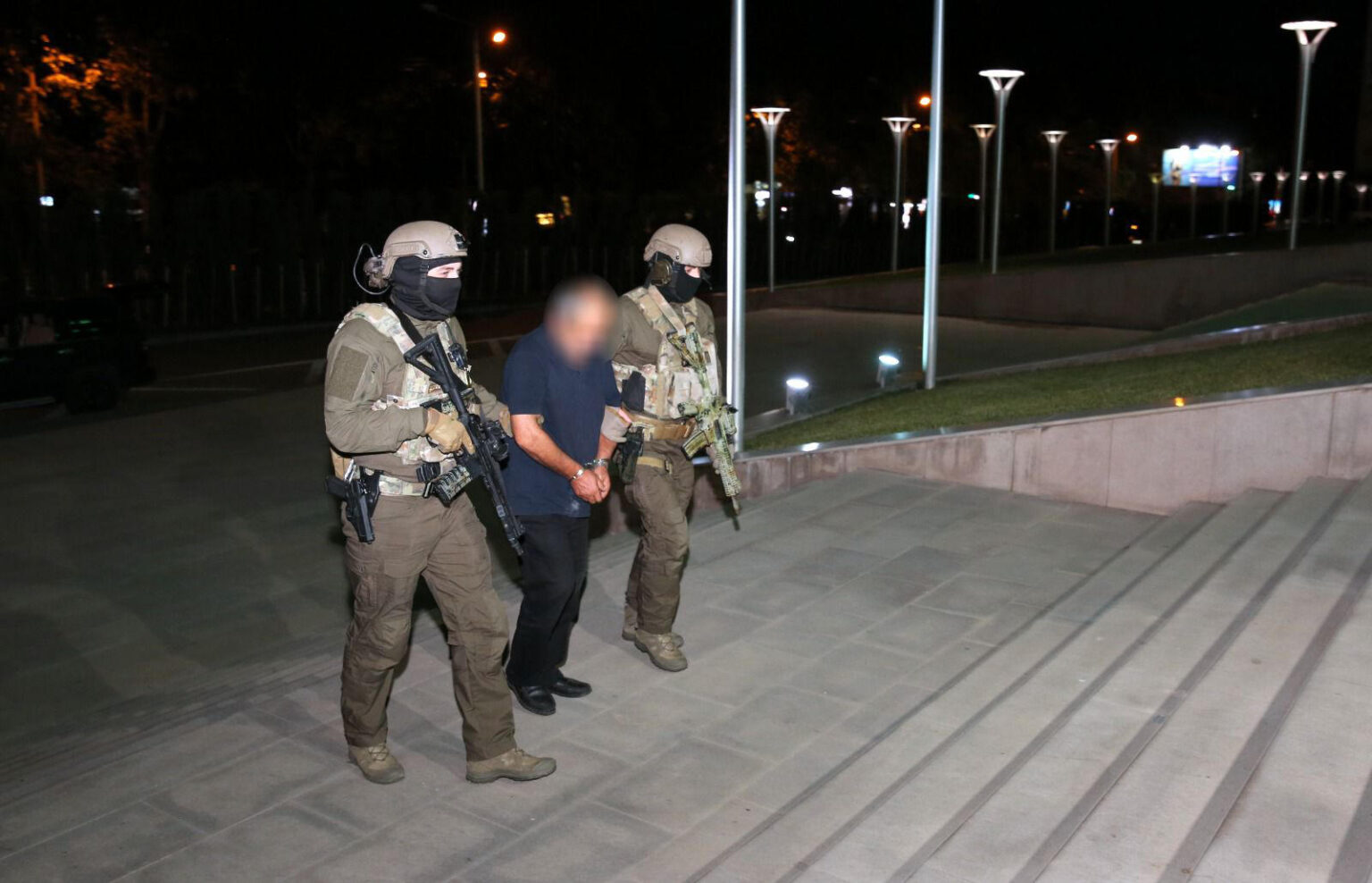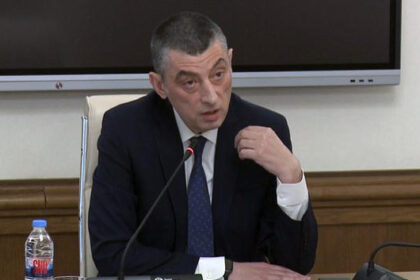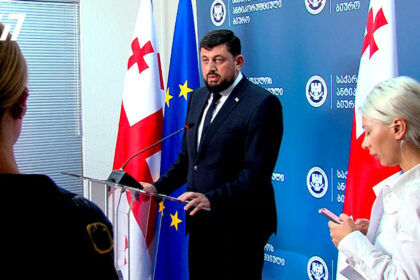**Breaking News: Georgian and Foreign Citizens Detained for Uranium Smuggling**
In a shocking turn of events, the State Security Service of Georgia has announced the detention of one Georgian citizen and one foreign national in Batumi on charges related to the illicit sale and acquisition of uranium. According to officials, the two individuals had planned to sell the radioactive chemical element for a staggering 3 million US dollars.
**A Serious Threat to National Security**
The State Security Service has emphasized that this incident highlights a transnational crime that could have had severe consequences for Georgia’s national security. The uranium in question is highly toxic and can be used to manufacture explosive devices, carry out terrorist attacks, or cause widespread harm. The service praised the swift action taken by employees of the Counterintelligence Department and the Special Operations Department, who prevented this potential threat from unfolding.
**Criminal Code Implications**
The investigation into this crime is ongoing under Article 230, Part 1 of Georgia’s Criminal Code. This article carries a penalty of imprisonment ranging from 5 to 10 years. The authorities are working diligently to uncover all the details surrounding this case and ensure that those responsible face justice.
**Commentary**
This incident highlights the importance of vigilant law enforcement agencies in protecting national security. The swift action taken by Georgian authorities demonstrates their commitment to preventing crimes that could have far-reaching consequences. However, it also raises concerns about the prevalence of transnational crimes and the need for increased international cooperation to combat these threats.
**Deeper Analysis**
The sale of radioactive materials like uranium is a serious concern globally. This incident serves as a reminder of the importance of robust laws and regulations governing the trade and handling of such substances. The Georgian authorities have taken a significant step in preventing potential harm, but it also underscores the need for continued vigilance and cooperation among nations to combat this type of transnational crime.
Read More @ www.interpressnews.ge












